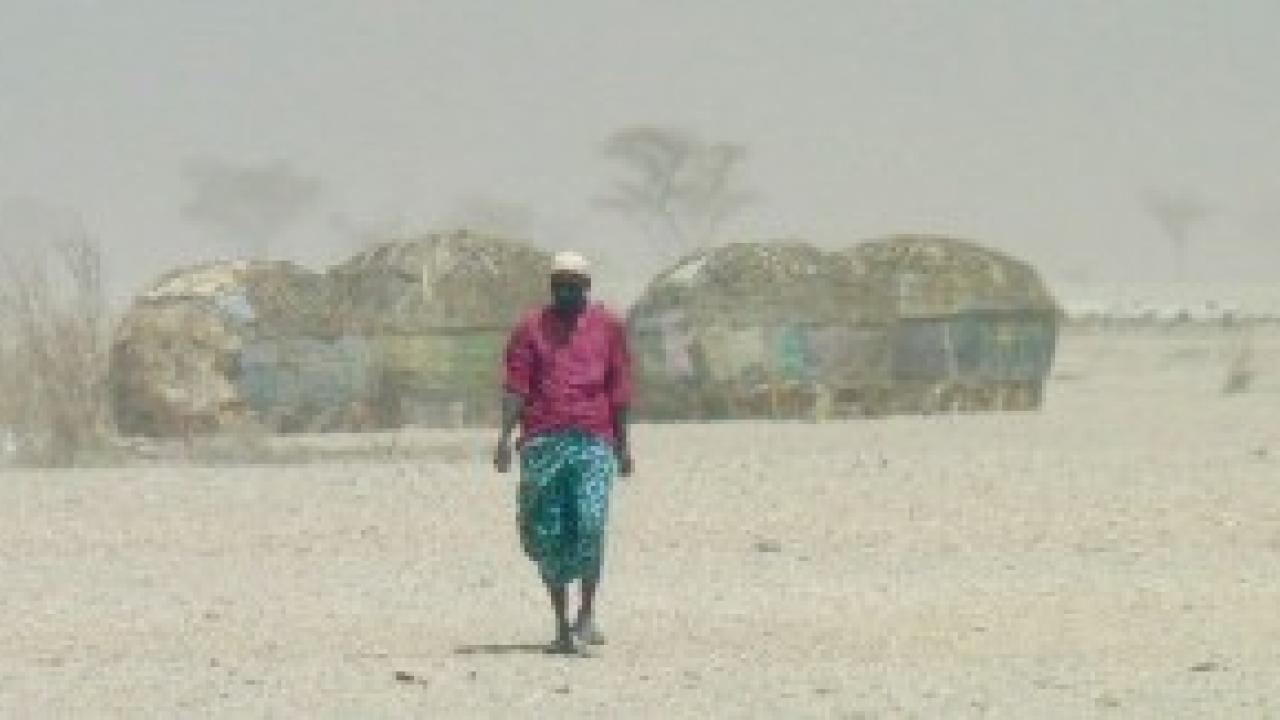
Event Date
While the world has seen much progress in economic growth and poverty reduction over the last few decades, the persistence of extreme poverty and its increased concentration in specific places, in particular sub-Saharan Africa, has stimulated renewed interest in the processes of economic development.
While much research has been done investigating these issues, our understanding of the complexities of asset dynamics and its heterogeneity across households remains incomplete. This indicates a need for a scholarly review and evaluation of the factors affecting capital formation and resulting productivity and income dynamics, with a focus on empirical analyses conducted at a micro-economic level. Such a need provided the main motivation for this conference.
The goal of this workshop was to bring together empirical researchers with modelers working in the area of economic growth and poverty reduction. The workshop comprised four lines of inquiry: 1/ nutrition, health and human capital formation; 2/ missing and incomplete financial markets; 3/ the psychology of poverty, hope and aspirations; and 4/ dynamics and resilience in natural resources and agriculture.
Each line of inquiry featured original papers written by researchers doing especially innovative work in this area, aiming for two or three papers for each of the four areas of focus and a total of about 12 papers. Each paper had a prominent discussant followed by an open audience discussion after its presentation. There was also a session specifically covering policy implications, and a lively round table with high level participants from the World Bank, USAID, and other organizations.
Presenter videos:
View coverage of the conference on the blog Economics That Really Matters.
PROGRAM
(Please click on the presentation titles to access the currently available slides.)
Day 1:
Tuesday, June 28
Mechanism 1: Nutrition, Health and Human Capital Formation
- Shocks and Nutrition, Health and Human Capital
Duncan Thomas, Duke University and NBER
Elizabeth Frankenberg, Duke University and NBER - Poverty and Cognitive Function
Heather Schofield, University of Pennsylvania
Frank N. Schilbach, Massachusetts Institute of Technology
Emma Boswell Dean, University of Pennsylvania - Discussant: John F. Hoddinott, Cornell University
Mechanism 2: Psychology of Poverty, Hope and Aspirations
- Depression for Economists
Johannes Haushofer, Princeton University
Jonathan de Quidt, Institute for International Economic Studies - Poverty, Aspirations, and the Economics of Hope: A Framework for Study with Preliminary Results from the Oaxaca Hope Project
Bruce Wydick, University of San Francisco
Travis Lybbert, University of California at Davis - Discussant: Rachid Laajaj, University of Los Andes
Mechanism 3: Imperfect and Incomplete Financial Markets
- Taking Stock of the Evidence on Micro-Financial Interventions
Joseph P. Kaboski, University of Notre Dame and NBER
Francisco J. Buera, Federal Reserve Bank of Chicago
Yongseok Shin, Washington University in St. Louis and NBER - Poverty Traps and the Social Protection Paradox
Michael Carter, University of California at Davis and NBER
Munenobu Ikegami, International Livestock Research Institute
Christopher B. Barrett, Cornell University - Discussant: Stephen Smith, George Washington University
Mechanism 4: Dynamics and Resilience in Natural Resources and Agriculture
- Heterogeneous Wealth Dynamics: The Role of Risk and Ability
Paulo Santos, Monash University
Christopher Barrett, Cornell University - Agro-Ecosystem Productivity and the Dynamic Response to Shocks
Jean-Paul Chavas, University of Wisconsin - Discussant: Edward Barbier, University of Wyoming
Day 2:
Wednesday, June 29
Policy in the Presence of Poverty Trap Mechanisms
- Medium-term Impacts of a Productive Safety Net on Aspirations and Human Capital Investments
Karen Macours, Paris School of Economics
Renos Vakis, The World Bank - Cash Transfers and Poverty Traps: A Tale of Two Generations
Norbert Schady, Inter-American Development Bank
Caridade Araujo, Inter-American Development Bank
Mariano Bosch, Inter-American Development Bank - Labor Markets and Poverty in Village Economies
Oriana Bandiera, London School of Economics
Narayan Das, BRAC University
Selim Gulesci, Bocconi University
Imran Rasul, University College London - Discussant: Maitreesh Ghatak, London School of Economics
Lunch Speaker: Makhtar Diop, The World Bank
Policy Implications Roundtable
- Kaushik Basu, The World Bank
- Greg Collins, USAID
- Chris Barrett, Cornell University
